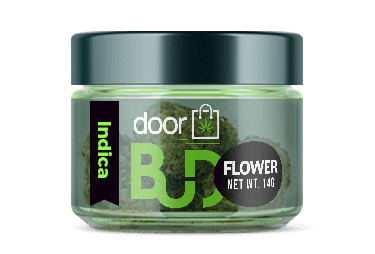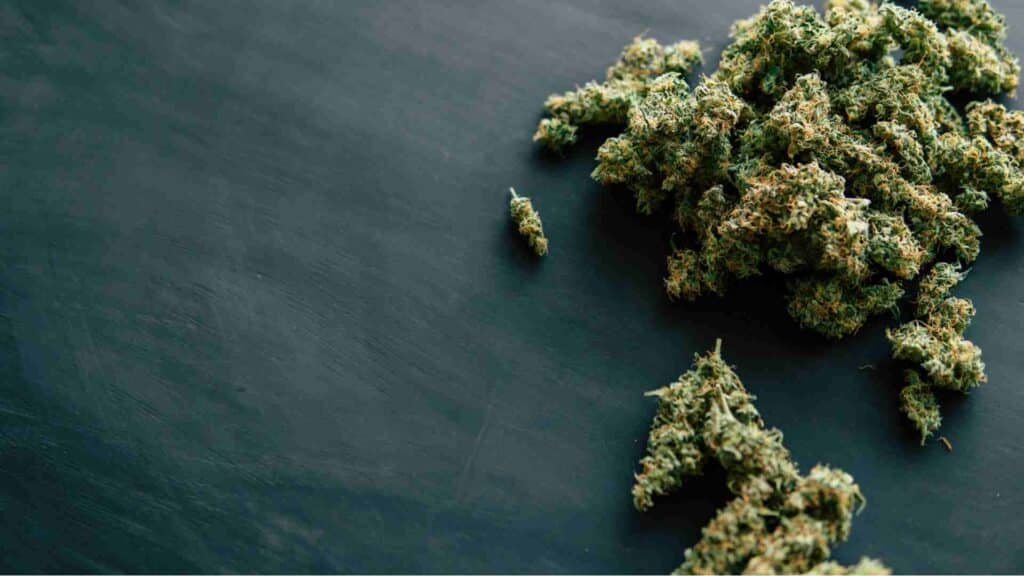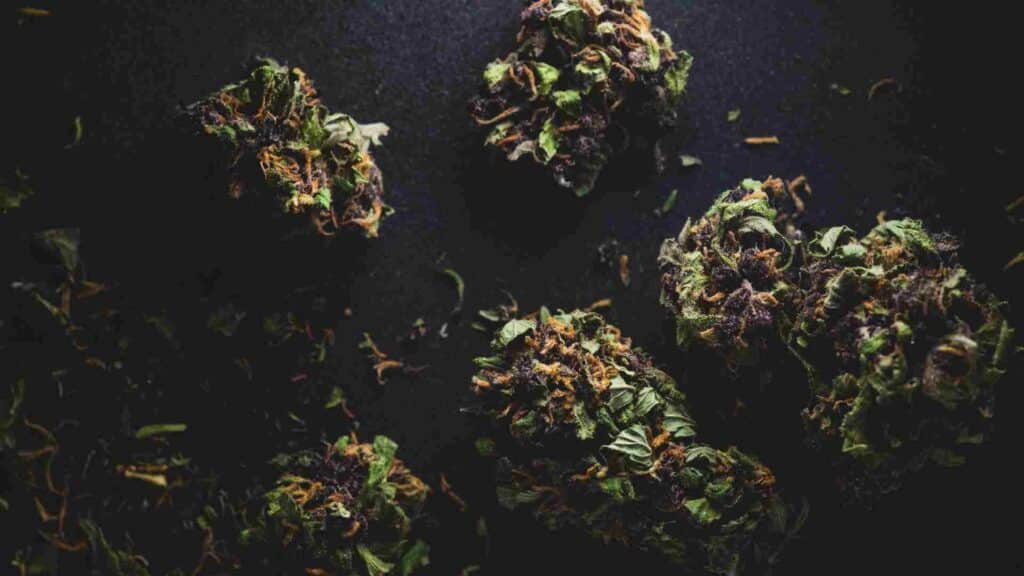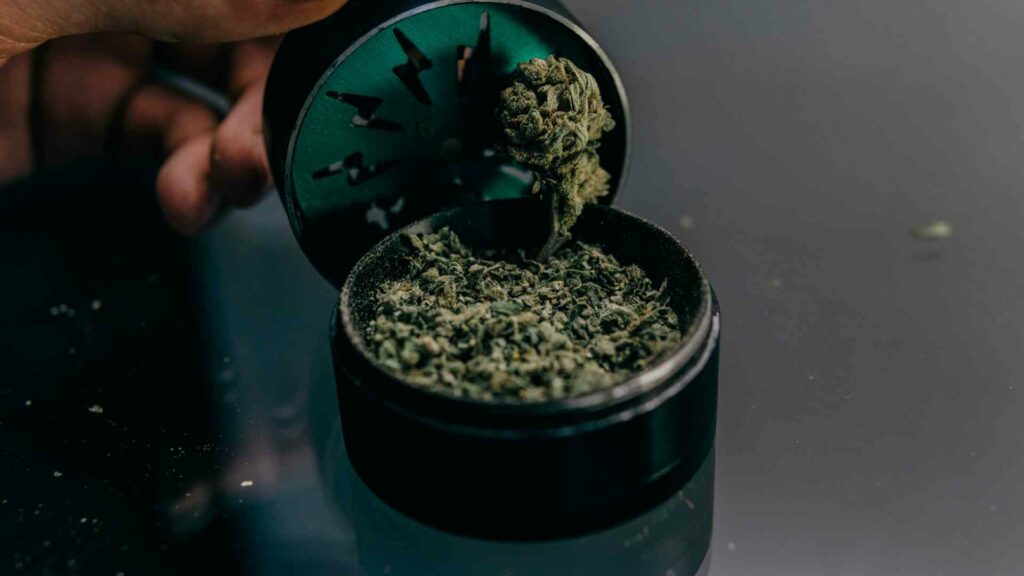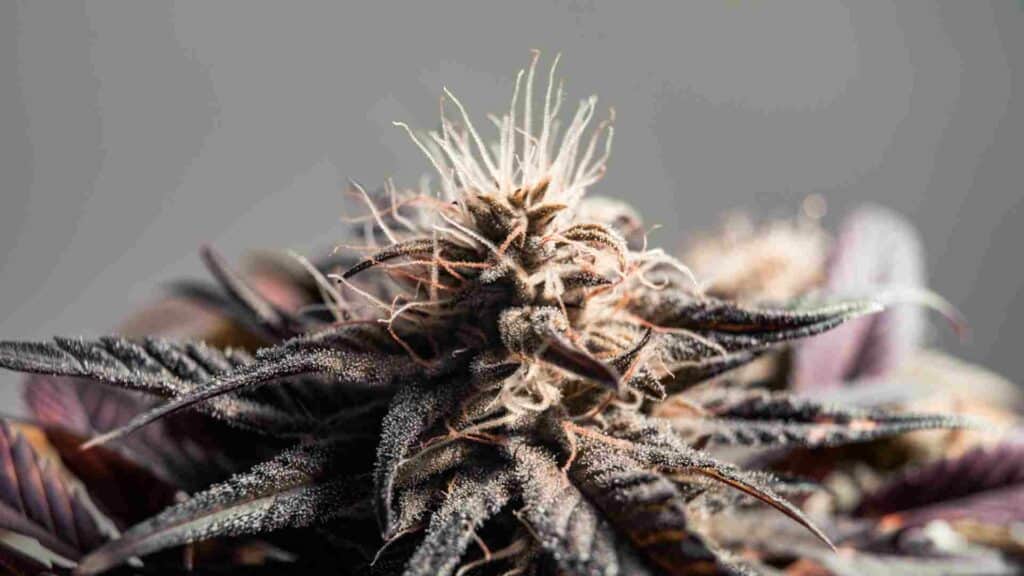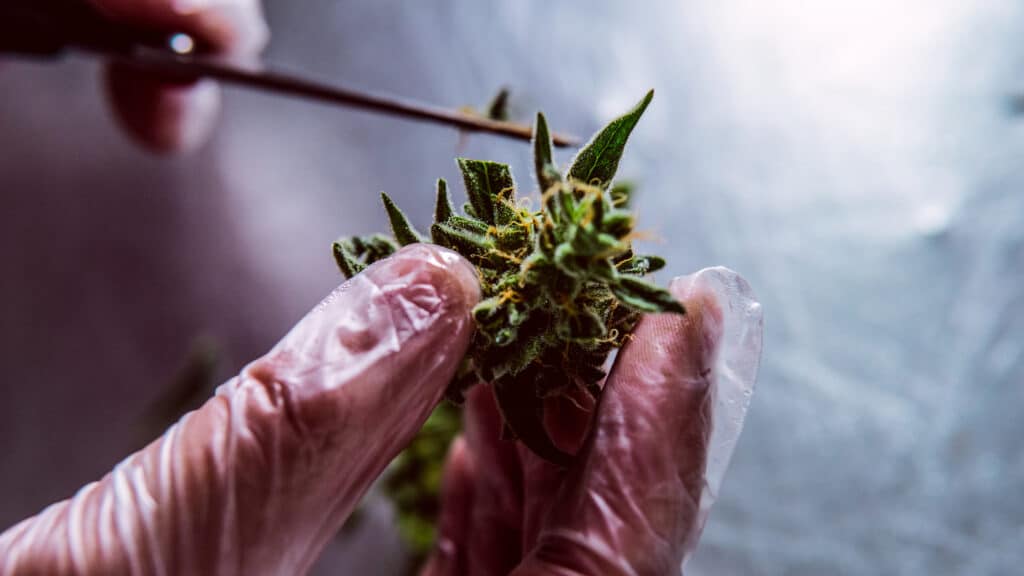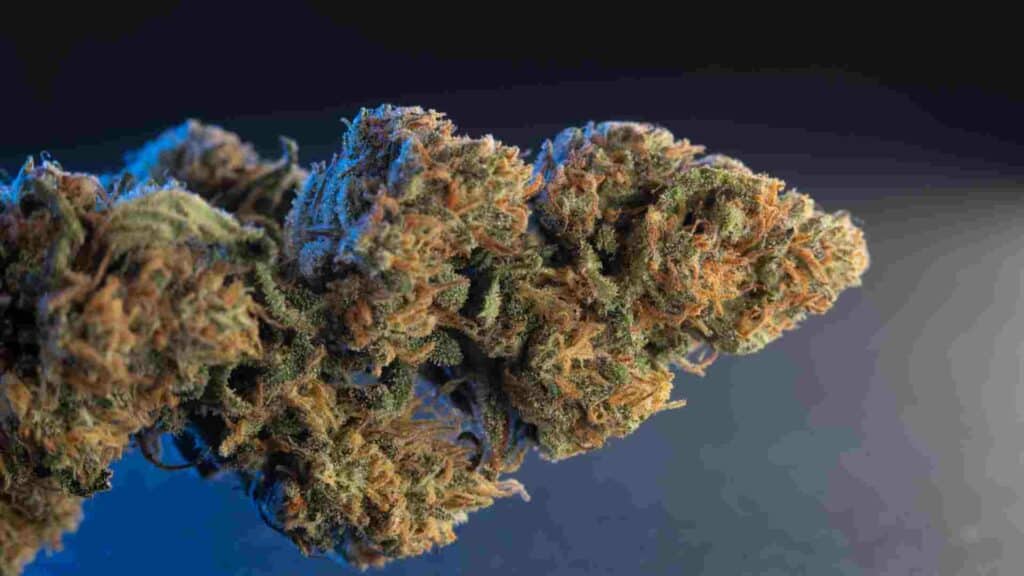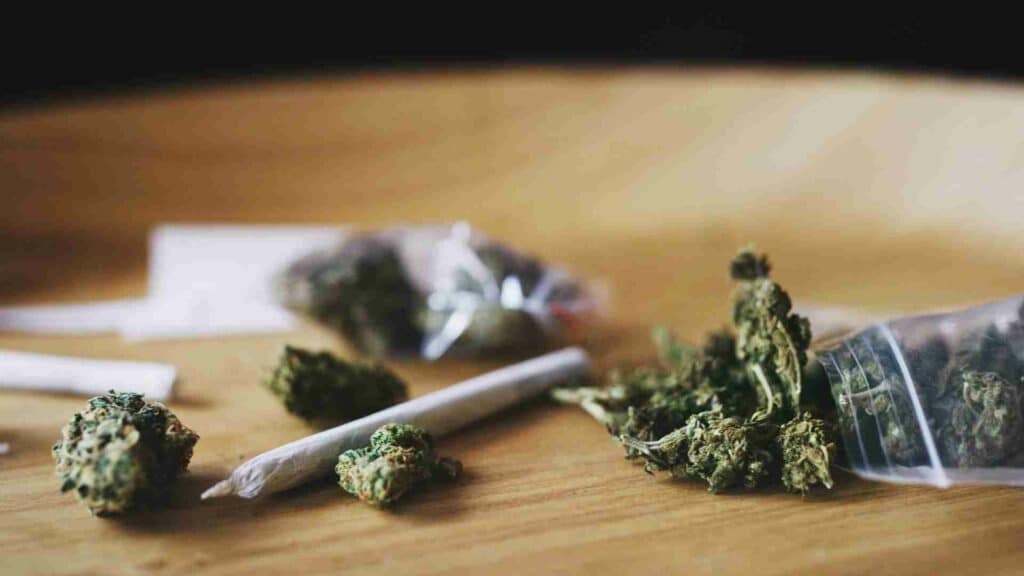All You Need To Know About hemp in Milton
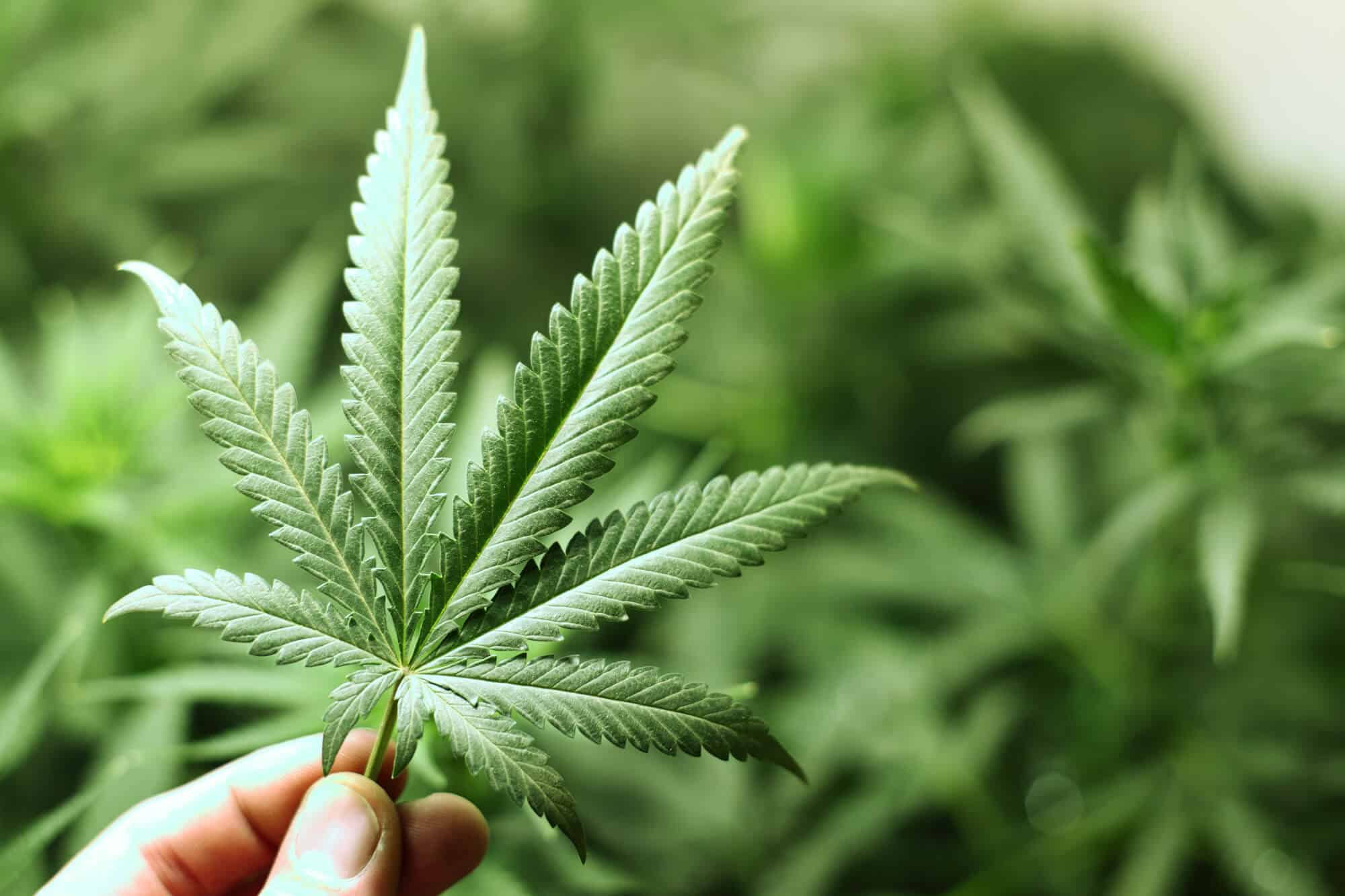
Due to its perceived health benefits, hemp has gained much attention lately. Many people seem interested in trying various products derived from this plant. But if it is just a plant that offers a variety of benefits and uses, why has it been under scrutiny for so long? Here’s all you need to know about hemp in Milton.
People who wish to benefit from hemp may be discouraged by its complex history. Let’s examine some of these answers before using hemp.
What is Hemp?
The cannabis sativa variety known as Hemp typically grows in the northern hemisphere and does not produce psychoactive effects. Histories trace its origins to Asia’s Himalayan mountains, but no one knows exactly how and where it originated.
Cannabis is a genus of plants that consists of Sativa, Indica, and Ruderalis varieties. THC (tetrahydrocannabinol) is the psychoactive component of both cannabis and industrial hemp. THC and CBD (cannabidiol) concentrations are relatively low (less than 1% THC and more than 12% CBD), meaning that it can do you a lot of good rather than get you high.
What is Hemp Seed?
Small brown seeds, known as hemp seeds or hemp hearts, contain significant amounts of protein, soluble and insoluble fibre, and healthy fats such as omega-3 and omega-6. Despite their technical status as a nut, these crunchy, small seeds contain only trace amounts of THC.
Antioxidant properties make them highly beneficial for heart health and reduce skin and joint ailments. For a well-balanced diet, you can add these seeds to your meals as a whole or in powder form.
Nutritional Benefits of Hemp Seeds
Hemp contains 21 amino acids, including all nine essential amino acids, making it a complete protein source. Because our bodies cannot manufacture essential amino acids, we must consume them through food.
Essential Fatty Acids: The essential fatty acids omega-6 and omega-3 present in hemp seeds are ideal. A wide variety of cellular functions within the body require these fatty acids, including the proper functioning of the heart and brain. The body cannot synthesize these fatty acids.
Loads of Nutrients: As well as Vitamin E and zinc, hemp seeds contain iron and magnesium. In addition to providing antioxidant protection, zinc and vitamin E also protect against the effects of free radicals.
Benefits of Hemp Seeds
Originally, hemp was used to make clothing, ropes, footwear, food, pottery decorations, etc., but then it found its way into medicine – its leaves were used to heal wounds and oils and teas were used to relieve pain. Seeds from hemp have established themselves as superfoods. In addition to being nutritionally dense, they also have a variety of health benefits. Hemp is a dietary supplement that offers a perfect balance of essential acids and antioxidants, along with simple proteins, minerals, and vitamins.
Protects Brain: Hemp seeds contain a CBD compound that helps treat neurological diseases such as Parkinson’s disease, multiple sclerosis, Alzheimer’s disease, and neuropathic pain.
Heart Health: Hemp seeds contain Omega-3 fatty acids that promote the heart’s health and reduce the risk of cardiovascular disease. Blood vessels are kept elastic and smooth by nitric oxide, dilating the arteries and veins. Furthermore, arginine, an amino acid converted to nitric oxide, is present in abundance within the seeds.
Reduces Inflammation: As hemp seeds contain omega-3 and omega-6 fatty acids, they can help reduce inflammation. A rich source of polyunsaturated fatty acids, including gamma-linolenic acid (GLA), hemp seeds may also be anti-inflammatory. So, by reducing inflammation, it is possible to manage the symptoms of various chronic diseases, including type 2 diabetes, metabolic syndrome, arthritis, etc.
Benefits of Hemp Oil?
Hemp oil is made by cold-pressing hemp seeds (also called hemp seed oil). Cannabis seeds typically contain only traces of THC, the psychoactive ingredient in cannabis that makes it intoxicating.
Skin Benefits: Besides its skin-beautifying properties, hemp seed oil makes an excellent moisturizer. As hemp oil contains essential fatty acids, it offers benefits such as anti-inflammation, skin cell regeneration, moisturizing, balanced oil production, and anti-ageing that help alleviate skin irritations, dry skin, eczema, etc. Nutrients like linoleic acid, which are necessary for skin repair and regeneration, reduce irritation when applied to the skin. These nutritional components also moisturize the skin without having to pore through clogs. Therefore, hemp seed oil can moderate oil production and reduce clogged pores on acne-prone skin. As a result of the presence of GLA in hemp oil, the oil can also be consumed for skin benefits.
Hair: Hemp oil deep conditions dry, brittle hair. Applying a small amount of this oil after a shower or while conditioning can dramatically improve hair growth and moisture. Many of the oils in your hair are composed of fatty acids. These fatty acids help moisturize your scalp and add to your natural oils. Additionally, the omega-3s in the oil are good for adding shine to hair, taming unruly strands, and providing strength.
Hemp vs CBD oil: What’s the difference?
In terms of the part of the plant they come from, and how they’re used, hemp seed oil and CBD oil differ.
The oil extracted from hemp seeds is called hemp oil. Cold-pressing is making hemp seed oil similar to making olive or coconut oil. CBD and THC are the two most common cannabinoids found in the plant.
In addition to not containing THC, the cannabis plant’s seeds have no THC oil. Commercial oil extraction methods currently available decontaminate seeds 99.99% of the time. A small amount of plant matter may remain in the seeds after extraction because it stuck to the seeds during the extraction process.
These days, you can find hemp oils made from various parts of a hemp plant; though they contain some amounts of THC and CBD, they are still known as hemp oils because they are derived from hemp plants. Information on their packaging will tell you where they are derived from. When buying a CBD or THC-free product, it is important to read the bottle’s information carefully.
Cannabidiol is a compound found in high concentrations in CBD oil. Hemp cultivated to have a high CBD content is used to make this oil. CBD oil (also known as CBD hemp oil) has a much higher ratio of CBD to THC, making it ideal for making CBD oil. To obtain this cannabinoid-rich oil from industrial hemp plants, ethanol or CO2 extraction processes are used. While industrial hemp plants produce a different oil than traditional hemp plants, this oil has a very different effect.
Final Words
CBD oil typically has medicinal effects because it interacts with the endocannabinoid system (ECS). By affecting hormone production, mood, sleep, pain, appetite, and immune system function, ECS maintains health and balance in the body. Furthermore, CBD helps maintain the efficiency of the receptors and optimal function of the endocannabinoid system by stimulating the body’s natural cannabinoid production. If you want to know more about hemp or cannabis, feel free to contact us, and we would be happy to assist you.
